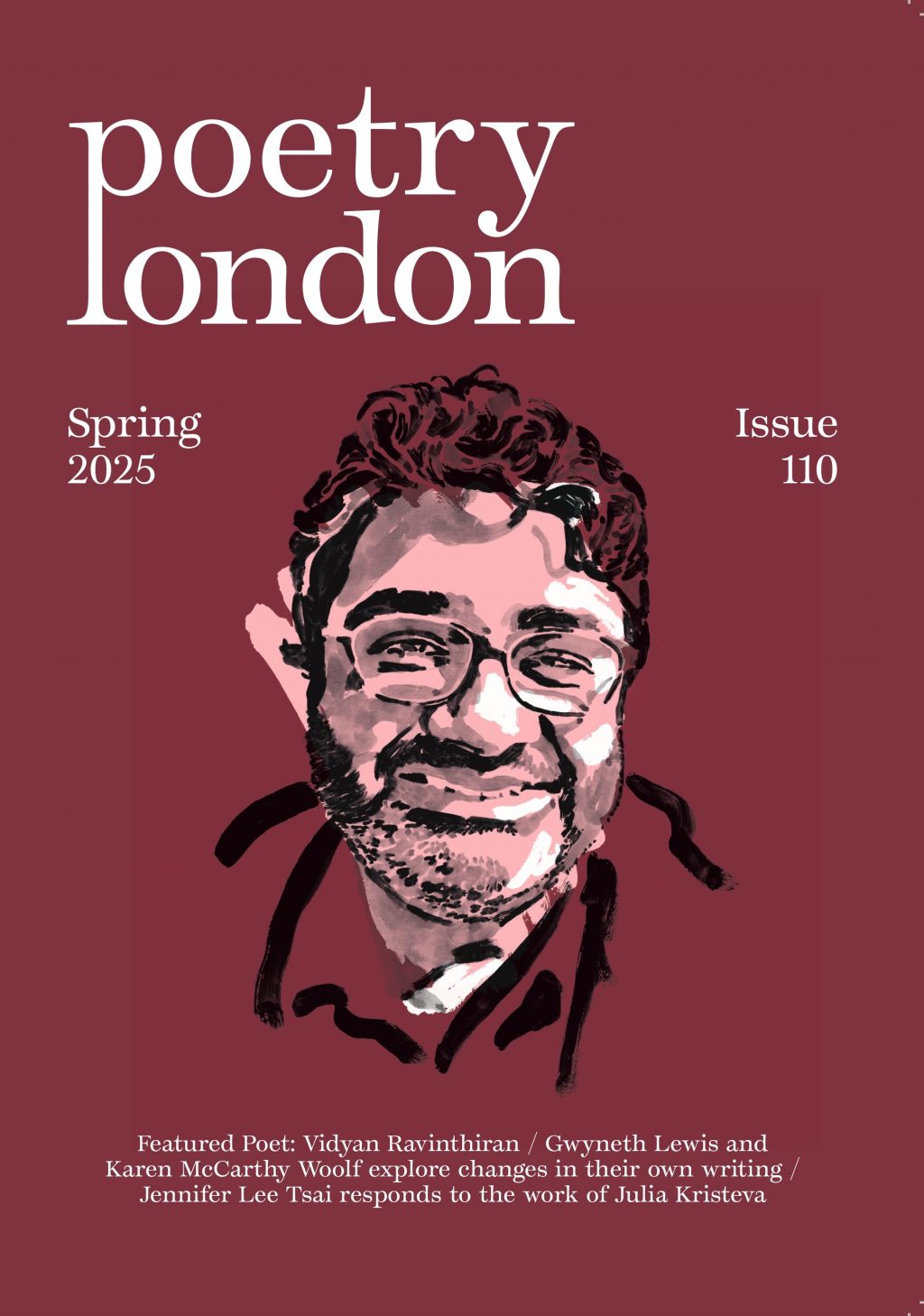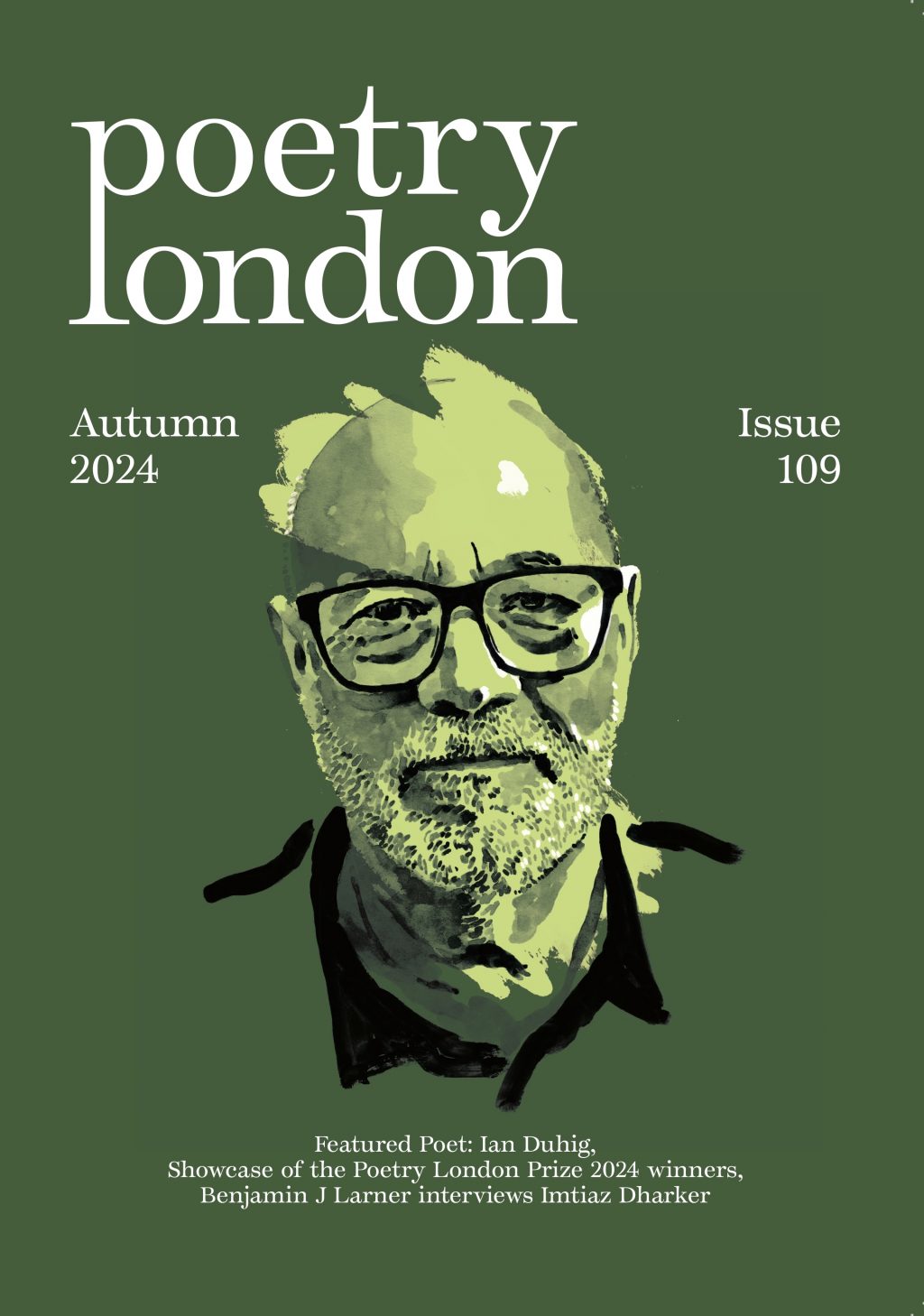Who Language Holds: Bridget Minamore reads a landmark collection on Black friendship
Danez Smith homie Chatto £10.99
homie, Danez Smith’s third poetry collection, is not called homie. Instead, a note on the title informs us that the poems – all 38 of them, spread across Chatto’s wide pages and wrapped in a fluorescent yellow cover – are part of a collection that is ‘really titled my nig’. This book, the note explains, ‘was titled homie because i don’t want non-black people to say my nig out loud’.
It goes without saying that poetry is something the poet creates but cannot control. We may read our poetry, but the ears listening belong to others. Our poetry may begin inside us and enter the world via pens, or iPhone notes, but it ends – like all unending things end – in the mind of another. At the same time, the poem-to-audience pipeline has fewer people involved than that of a screenplay or song. I like to think that to write poems is a lesson in clinging on to and giving up control simultaneously.
All of which is to say: with the title of the collection and the collection itself, Danez Smith has taken control away from a white audience while simultaneously leaving space for the Black reader to see themselves in poem after poem, but also to eschew saying the so-called N-word in its entirety. The whys are endless, but as ‘shout out to my niggas in Mexico’ cheerfully announces halfway through the collection: ‘i know the word is complicated / but it’s my favourite word! we’ll talk about it later.’ I am a Black British writer so the words ‘my nig’ feel slightly foreign in my mouth, but not so foreign I wish to avoid using the book’s real title – a title that is as much a gift as the poems that follow.
Throughout the collection, Smith creates a kind of summons for the joys of friendship. While many of the poems look at grief and loss (via the death of Andrew, a close friend of Smith’s to whom the collection is dedicated), my nig is just as much about the ways community bonds intersect with the simplicity of what it means to have or be a friend. In the list-like ‘acknowledgments’, the collection’s final poem, lines (separated by circles) are addressed to a ‘you’; here, the Black reader is both speaker and spoken to. Lines include: ‘i am the prison that turns to rain in your hands’, ‘you smell like the milk of whatever beast i am’, and ‘o the horrid friends who were just ships harboring me to you.’ As with the rest of the collection, the poem’s closing lines mischievously explore how friendship can anchor us to parts of ourselves that sometimes feel distant:
with yo ugly ass
○
at the end of the world, let there be you
○
my world
○
With friendship as a start and end point, the poems create thematic loops around ideas of the internal and external self, circling around shame and care, holding on and letting go. This is aided by Smith’s repetition of religious and natural imagery, but also by a word as short as a word can be: ‘o’. Across the collection, the narrative voice exclaims ‘o mother’, ‘o sweet unc’, ‘o bitch’, ‘o my people’, ‘o loves’ (twice), ‘o rose’, ‘o California’, and ‘o my many hearts’, using this archaic exclamation as an invocation, an address, and, at times, a call-to-arms. At the end of the collection’s first poem, ‘my president’, we read:
o my presidents!
my presidents!
my presidents!
my presidents!
show me to our nation
my only border is my body
i sing your names
sing your names
your names
my mighty anthem
This o begins the closing prayer to a long list of presidents that includes everyone from rapper (and baddest bitch) Trina, to Colin Kaepernick (the American footballer who pioneered the act of kneeling during the US national anthem in protest of police brutality), to ‘the leather daddy who always stops to say good morning’. Names, in this poem sung as a ‘mighty anthem’, recur throughout the collection.
In ‘shout out to my niggas in Mexico’, Smith has written a kind of tongue-in-cheek but no less touching solidarity anthem for the world’s people of colour. The poem invites us all to a party in the enthusiastic, unbothered tone of that young-but-not-young relative that only ever appears late for family functions. ‘[G]et the tias & aunties’, we’re told, ‘shout out / all the aunties. Do you think God knows the white men / who leash the land hate aunties?’ The aunties of my nig are numerous, each appearance different but welcome in its specificity: ‘trees turn the color of aunts’, ‘walls cave around me like a good aunt’, a flower is a ‘well- bloomed nigga / annual like the death of aunties’. And while ‘my aunt can’t hold on to a dollar, a job, her mind,’ one of the listed presidents that opens the book is ‘my auntie, only a few months clean, but clean’.
Aunts aside, the upbeat nature of ‘shout out to my niggas in Mexico’ can’t disguise the gut-punch nonchalance of its references to the violence and idiosyncrasies that can unite a non-white audience:
our histories stink of interruption, our long stories impossible to tell for real without their names which became our names
One stanza later we’re asked:
what else do we share, cousin? drums & cornmeal? our mothers make the same face when they think of God, their dead sisters, the rent.
And at the poem’s end, we read that claim about how the N-word is complicated, but only after the following lines:
is there a nigga in Antarctica? her too! any place where they came & handed out new names
What is a name, if not an anthem, a unifier, a thing chosen, a thing given, something that can be kept or discarded – or perhaps all of the above, for reasons that overlap? In ‘notes’, the collection’s second last poem, one of its entries, addressed ‘dear suicide’, includes the lines ‘i know your real name […] i say your name, it is my name.’ One happiness in the repetition of themes across my nig is the way poems shine a light on other poems, and so here I will defer to the title poem:
this ain’t about language but who language holds those niggas who say my name like it’s good news. [...] i need no church but my niggas’ arms i need no savior but their love oh sweet God if you be my nigga don’t never take my niggas from me
Can friendship – Black friendship – be holy? Can we find godliness in the everyday interactions between us? Can we hold our own contradictions and similarities with the same care, and can our friends hold us in their arms, too? In these poems, the answer is yes, but we are forced to sit with the idea that our bonds are shaped by loss. The joy sits alongside an awareness that ‘i know something that doesn’t die can’t be beautiful’, a line from ‘i’m going back to Minnesota where sadness makes sense’ (a title that feels ever more prescient after the events of the past few months).
Smith’s collection revels in narrowing and picking apart the space between the natural and spiritual worlds. Nature appears by means of seeds and wood, wind and water, dirt and dust, and fire. In various poems, the speakers vow to ‘burn this whole shit down / like Left Eye would’ and ‘dream of setting fire to cul-de-sacs’, but fire is not always destructive. In ‘for Andrew’, a painful but healing elegy in multiple parts, the fire that comes after death (‘i burned the medicine cabinet, burned / the house, burned the city, burned / the last years down to cinders’) becomes something consumable: ‘you are a smoke i can swallow, fire / rich with something thicker, honey begat / by flames, the wet of burned skin.’
The nature imagery continues when we meet a girl named rose, when ‘the hydrangeas flinch’ or a flower grows ‘snug into a chokehold.’ One poem, ‘trees!’, asks:
do you think that’s how trees were invented? a bunch of niggas stood still in a field waiting for a sign from older gods, their breath a prayer until breath was their only action. if i could be a tree, i’d know God is real. if i could be a tree, there’d be a heart knifed into me that read i ♥ all my niggas!
Throughout this book the divine continually meets the elemental, but Smith’s way of pulling dark humour from the earth and the sky both grounds and elevates. In ‘how many of us have them?’, a riff on transfiguration plays on the classic ‘ashes to ashes, dust to dust’ refrain of the church: ‘he was still my nigga. when they turned his body / to dust he was still my dusty-ass boy.’ Similarly blood – a thing that is surely both human and holy – also appears over and over; a mouth is ‘a sparkling smashed tomato’, a heart is ‘pouring from my nose’. These various tropes should be sardonic but they weave seamlessly into the language of friendship – the language of Black friends, of homies, that is rude and crude and littered with pop culture references, all things Smith does so well.
o my many hearts, y’all booty-faced
weird-ass ole-mojo-jojo-head asses
dusty chambers where my living dwells.
roast me! name me in the old ways, your shit talk
a river i wade, howling until it takes me.
i can’t stop laughing, more river wades
down my throat. could be drowning
could be becoming the water, could be
a baptism from the inside out.
(‘how many of us have them’)
In this stanza, where the thematic pressure points are piled on top of one another, water is consumed the way fire has been. But the answer to the question of whether this water is causing death or rebirth feels unknown, even to the speaking voice. my nig is a collection of questions, not answers, of movement rather than stillness; even the form constantly shifts from clean-cut line breaks to bold experimentation, in a poem that is almost literally tipped to one side on the page. In a world that has fallen into a COVID-19 shaped hole, a world with a United States of America, a world with a Great Britain, a world where I need not even explain what I mean when I invoke these two countries, where does Black friendship fit? Perhaps in the earth and water and wind, perhaps in our bodies and breath and blood, perhaps in God or gods or heaven or hell. Maybe – hopefully? – in all the above.
Bridget Minamore is a British-Ghanaian writer from south-east London. Titanic (Out-Spoken Press), her debut pamphlet of poems, was published in 2016.


